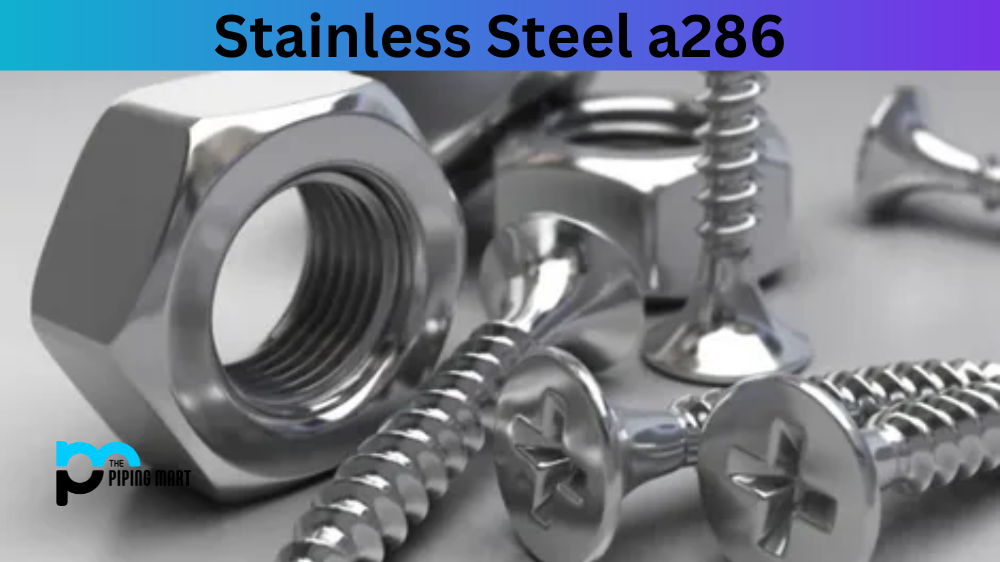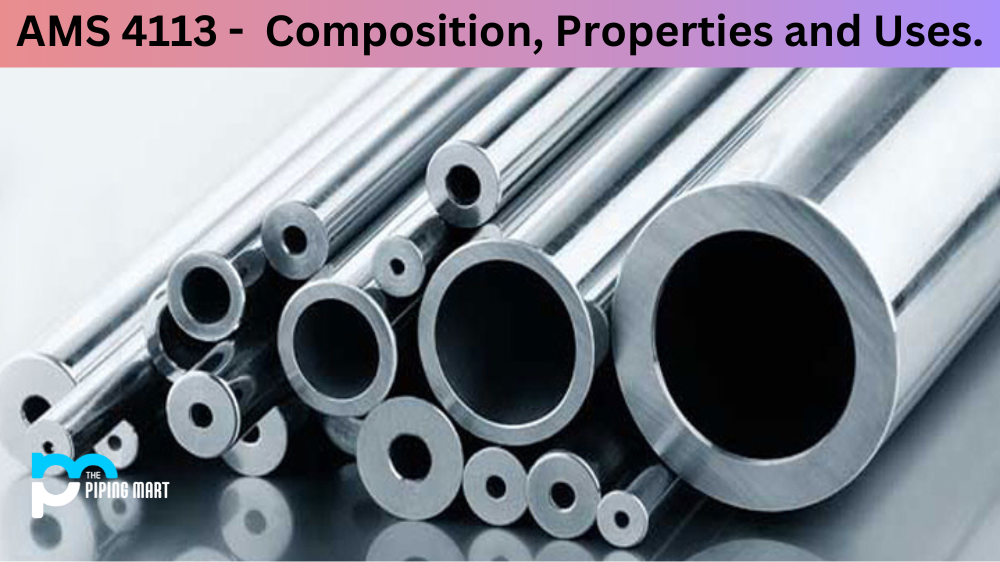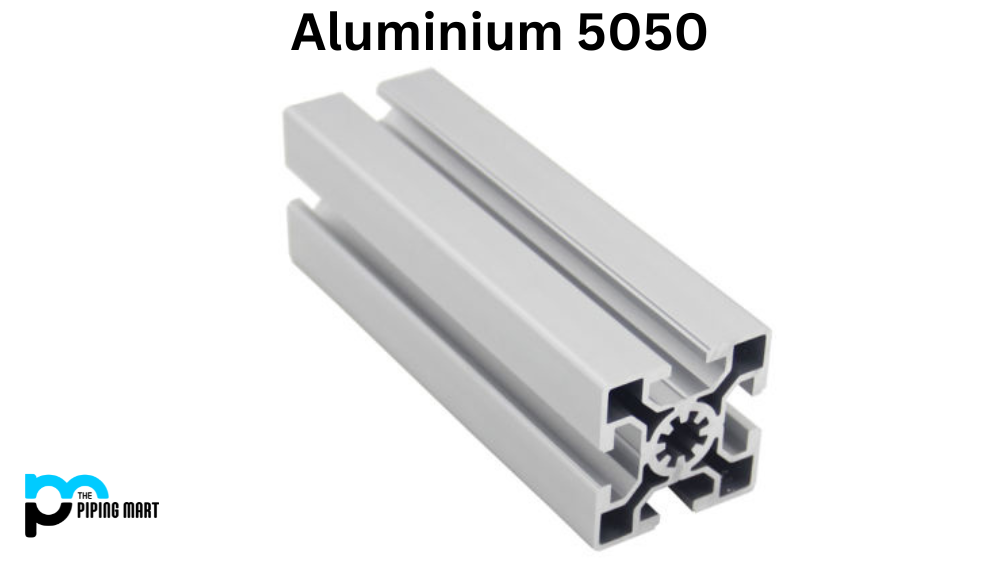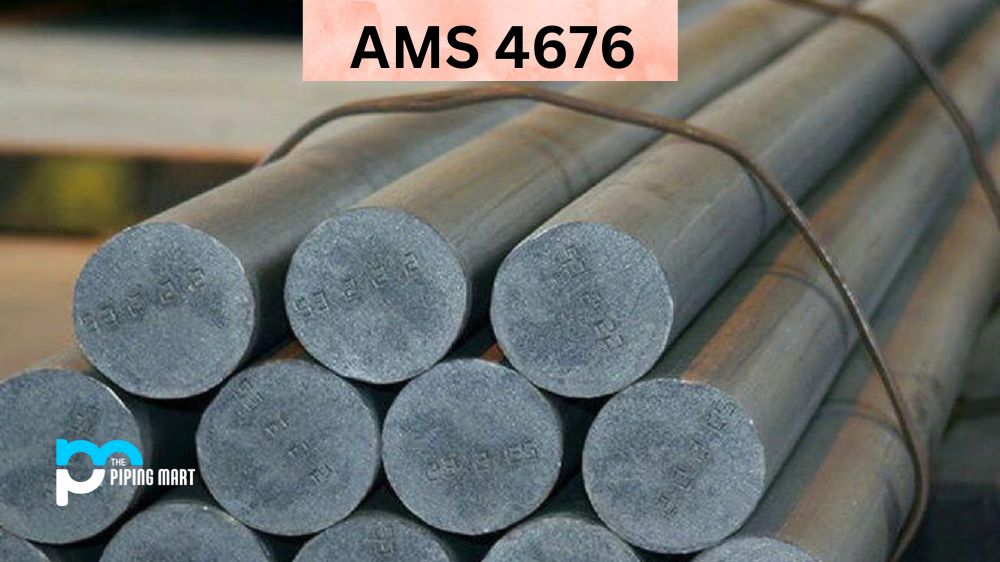Stainless steel A286 is a highly corrosion-resistant superalloy that maintains strength at high temperatures. It is widely used in the aerospace, automotive, and oil and gas industries. If you want to learn more about this incredible material, read on.
Stainless Steel A286 Composition
Stainless steel A286 is an austenitic stainless steel with a high nickel and chromium content. It also contains molybdenum, titanium, and vanadium. This alloy’s versatile composition gives it excellent corrosion resistance and high-temperature properties.
| Element | Content (%) |
|---|---|
| Iron, Fe | 54 |
| Nickel, Ni | 25.5 |
| Chromium, Cr | 14.8 |
| Titanium, Ti | 2.13 |
| Molybdenum, Mo | 1.30 |
| Manganese, Mn | 1.0 |
| Silicon, Si | 0.50 |
| Vanadium, V | 0.30 |
| Aluminum, Al | 0.18 |
| Carbon, C | 0.040 |
| Phosphorous, P | 0.020 |
| Sulfur, S | 0.015 |
| Boron, B | 0.0060 |
Stainless Steel A286 Physical Properties
The physical properties of the stainless steel A286 are equally impressive. It has a density of 7.93 g/cm³, a melting point of 1427-1480°C, excellent thermal conductivity, and low coefficient of thermal expansion. These properties make it an ideal choice for applications that need to withstand high temperatures.
| Properties | Metric | Imperial |
|---|---|---|
| Density | 7.93 g/cm3 | 0.286 lb/in3 |
| Melting point | 1427°C | 2550°F |
Stainless Steel A286 Mechanical Properties
Due to its unique composition, the stainless steel A286 has impressive mechanical properties. It has a high tensile strength of up to 180 ksi and a yield strength of 105 ksi. Stainless steel A286 also has excellent flexibility, making it easy to form and shape without affecting stability.
| Properties | Metric | Imperial |
|---|---|---|
| Tensile strength | 1035 MPa | 150100 psi |
| Yield strength (@strain 0.200%) | 759 MPa | 110000 psi |
| Elongation at break | 25% | 25% |
| Reduction of area | 40% | 40% |
| Hardness, Brinell (estimated from Rockwell C value for Brinell test with 3000 kg load/10 mm diameter ball) | 304 | 304 |
| Hardness, Knoop (estimated from Rockwell C value) | 330 | 330 |
| Hardness, Rockwell C | 32 | 32 |
| Hardness, Vickers (estimated from Rockwell C value) | 318 | 318 |
Stainless Steel A286 Equivalent
Equivalent materials to stainless steel A286 are given in the table below.
| AISI 660 | AMS 5525 | AMS 5726 | AMS 5732 | AMS 5734 |
| AMS 5731 | AISI 662 | AMS 5737 | AMS 5804 | AMS 5895 |
| AMS 5853 | AMS 5805 | AMS 5858 | DIN 1.4943 | SPS M250 |
| DIN 1.4944 | GE B50T81 | GE B50T12 | GE B50T1181 | ASTM A453 Grade 660 |
| ASTM A638 Grade 660 |
Stainless Steel A286 Uses
Stainless steel A286 has many applications, including aircraft and missile components, exhaust systems, and high-performance engine parts, like turbocharger blades and valve springs. It also manufactures chemical and petrochemical processing equipment, nuclear reactors, and cryogenic storage tanks.
Stainless Steel A286 Corrosion Resistance
Stainless steel A286 is an excellent material for applications requiring corrosion resistance. Its chromium content protects it against corrosion by forming a passive oxide layer on the surface, making it resistant to pitting and crevice corrosion in saltwater environments.
Stainless Steel A286 Heat Treatment
The heat treatment of stainless steel A286 typically involves solution annealing at a temperature of 1650°F followed by air or water quenching. This process enhances the material’s strength and ductility while reducing the risk of cracking and stress corrosion.
Stainless Steel A286 Machining
Stainless steel A286 is not the most accessible material to machine but can be machined effectively with the right tools and techniques. Carbide tools are the best option for machining stainless steel A286, and slow speeds and high feed rates are optimal to prevent work hardening.
Stainless Steel A286 Welding
Stainless steel A286 is weldable using various welding methods, including gas tungsten arc welding (GTAW), gas metal arc welding (GMAW), and resistance welding. However, welding can weaken the material’s strength and corrosion resistance, so caution should be exercised.
Conclusion
Stainless steel A286 is an excellent material with a unique composition that gives it excellent properties. Its high strength, ductility, and corrosion resistance make it ideal for high-temperature and corrosive environments. Understanding the composition, properties, and uses of stainless steel A286 is crucial for anyone working with this excellent material.

Pipingmart is a B2B portal that specializes in metal, industrial and piping items. Additionally, we share the latest information and information about materials, products and various types of grades to assist businesses that are involved in this business.




